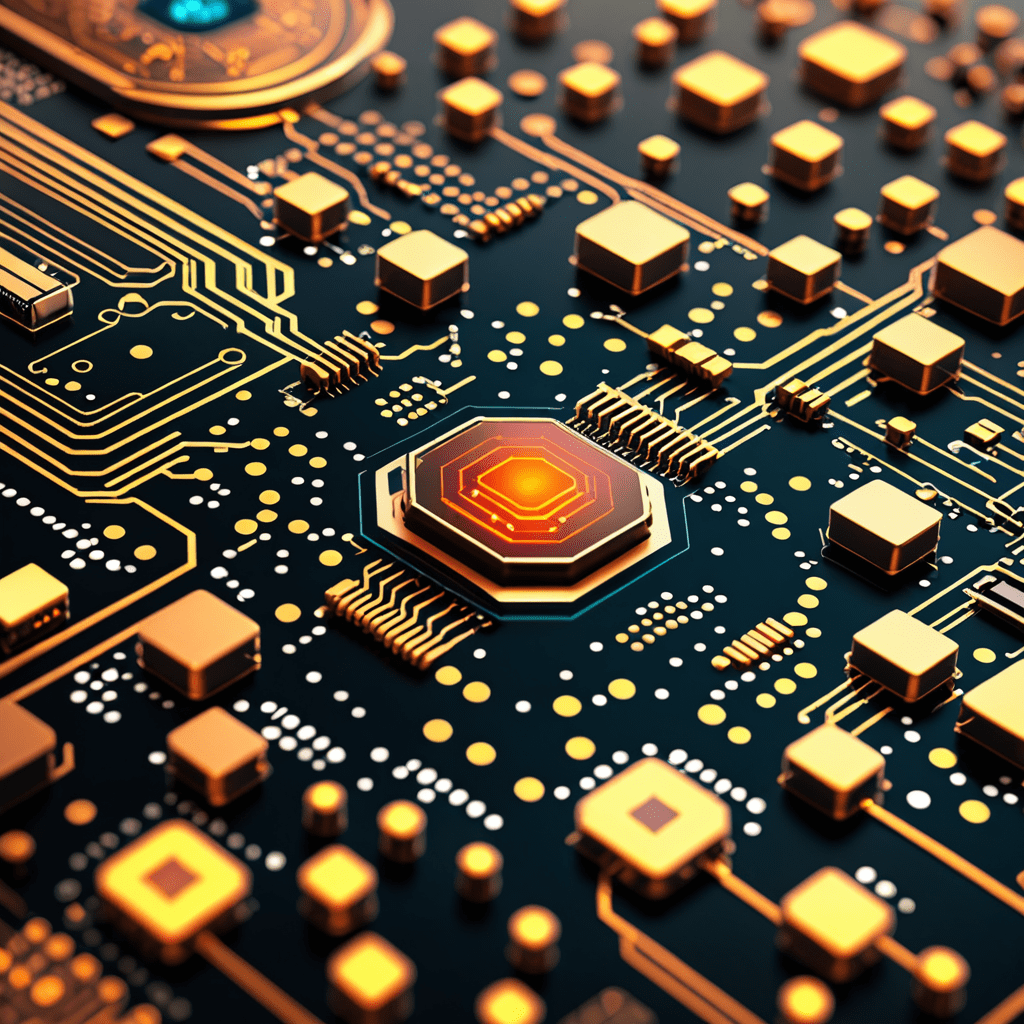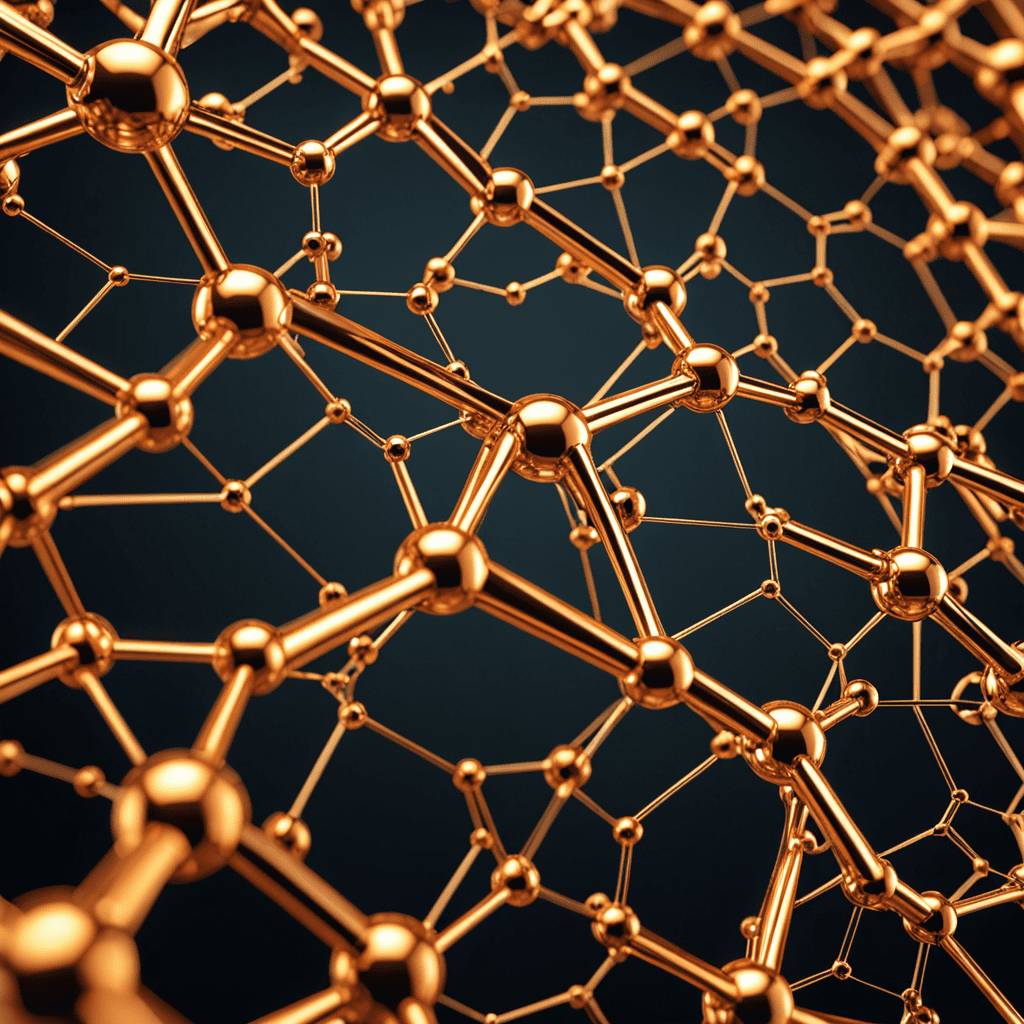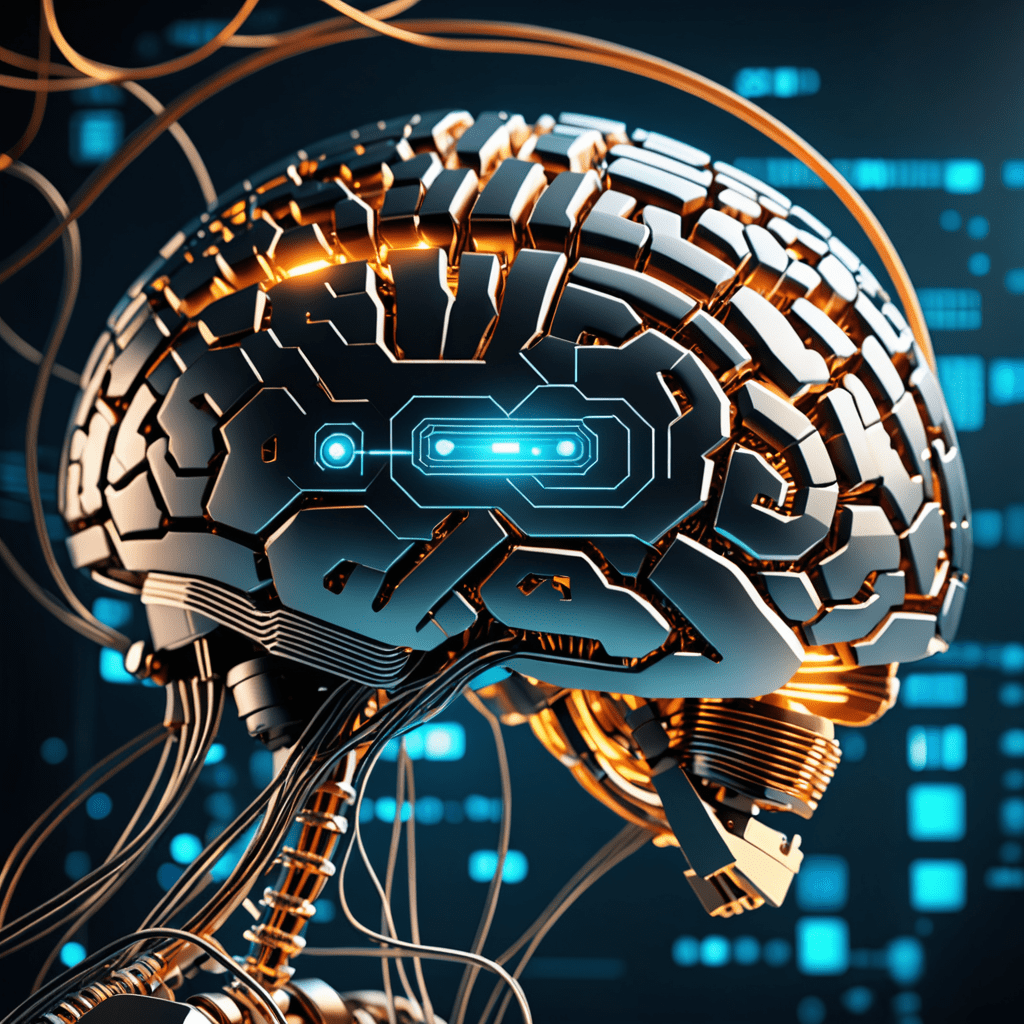
Nanotechnology in Biomedical Devices: Innovations in Medical Devices with Nanotech
Nanotechnology has revolutionized the field of biomedical devices, offering groundbreaking innovations that have the potential to transform healthcare. This article delves into the exciting world of nanotech in medical devices, exploring the latest advancements and their implications for the future of healthcare.
The Power of Nanotechnology in Healthcare
Nanotechnology involves manipulating materials at the nanoscale, allowing for the creation of incredibly small structures with unique properties. In the realm of healthcare, this technology offers the promise of more effective treatments, targeted drug delivery, and enhanced diagnostic tools.
Nanotech in Drug Delivery Systems
One of the most significant applications of nanotechnology in biomedical devices is in drug delivery systems. Nanoparticles can be engineered to deliver medications directly to specific cells or tissues, maximizing therapeutic effectiveness while minimizing side effects.
Nanoparticles in Imaging and Diagnostics
Nanoparticles also play a crucial role in improving medical imaging techniques and diagnostics. By attaching nanoparticles to imaging agents, healthcare professionals can enhance the visibility of tumors, pathogens, or other biomarkers, aiding in early detection and accurate diagnosis.
Nanotech-enabled Implants and Prosthetics
Nanotechnology has paved the way for the development of advanced implants and prosthetics with enhanced biocompatibility and functionality. Nanomaterials can mimic the properties of natural tissues, promoting better integration with the body and improving patient outcomes.
Challenges and Future Directions
While nanotechnology holds great promise for biomedical devices, there are challenges to overcome, such as ensuring the safety and long-term stability of nanomaterials in the body. Researchers continue to explore new avenues for innovation and improvement in this rapidly evolving field.
Ethical Considerations in Nanotech Applications
The use of nanotechnology in healthcare raises ethical considerations related to patient privacy, informed consent, and equitable access to advanced medical technologies. It is essential for healthcare professionals and policymakers to address these ethical issues to ensure the responsible and equitable deployment of nanotech in medical devices.
Conclusion
Nanotechnology has the potential to revolutionize healthcare by enabling the development of innovative medical devices with enhanced capabilities. As researchers and industry partners continue to explore the possibilities of nanotech in biomedical applications, we can look forward to a future where personalized and effective healthcare solutions are the norm.
FAQs about Nanotechnology in Biomedical Devices
What is nanotechnology in biomedical devices?
Nanotechnology in biomedical devices involves the use of incredibly small materials to create innovative medical instruments and equipment for various applications in healthcare.
How does nanotechnology benefit medical devices?
Nanotechnology enhances medical devices by improving drug delivery, diagnostic techniques, tissue engineering, and imaging. It allows for precise targeting at the cellular or molecular level.
What are some examples of nanotech in medical devices?
Examples include nanoscale drug delivery systems, nanoparticle-based imaging agents, nanofiber scaffolds for tissue engineering, and nanosensors for disease detection and monitoring.
Is nanotechnology safe in biomedical devices?
Extensive research is conducted to ensure the safety of nanotechnology in medical devices. Regulations and standards are in place to evaluate the biocompatibility and potential risks associated with these advanced technologies.
How is nanotech shaping the future of healthcare?
Nanotechnology holds the promise of revolutionizing healthcare by offering personalized treatments, early disease detection, targeted therapies, and minimally invasive procedures through the development of cutting-edge biomedical devices.


